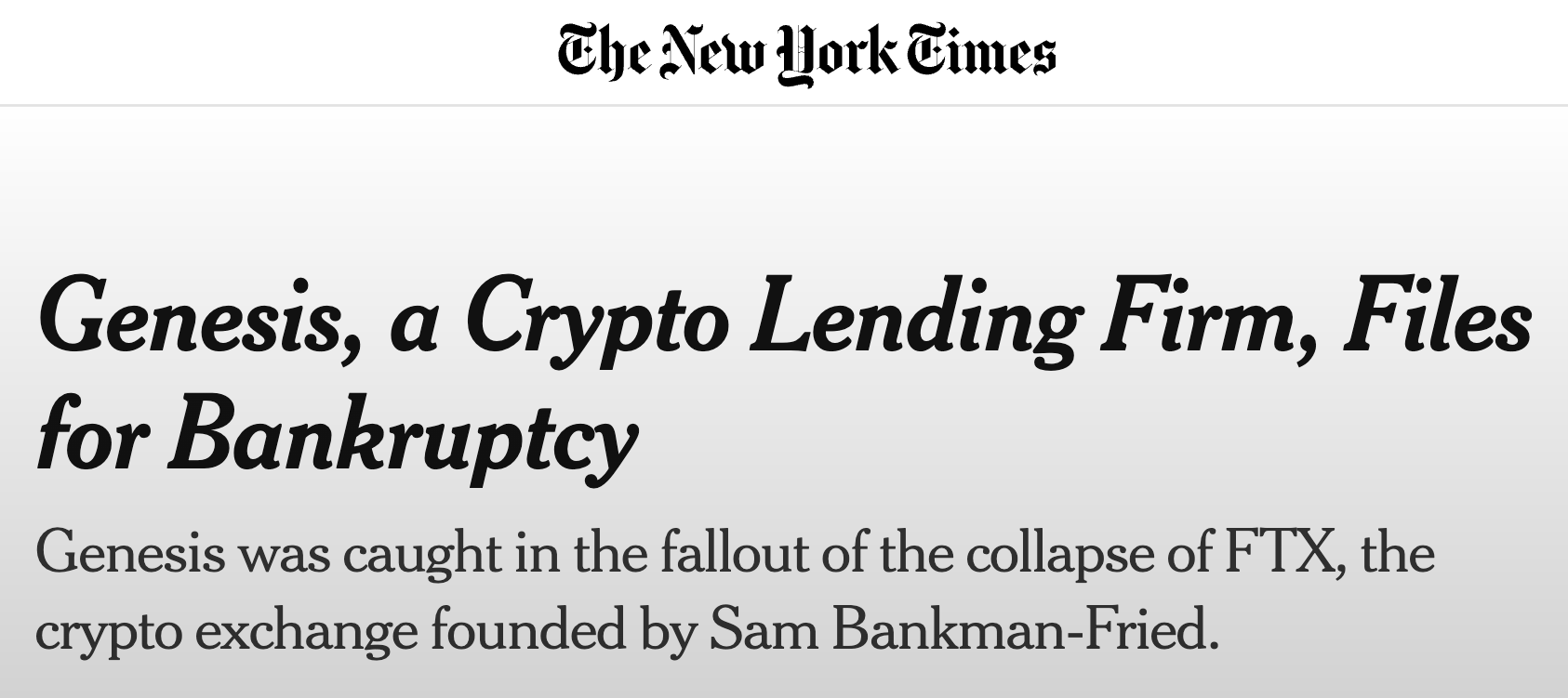All Happy Bitcoiners Are Different
I’ve had the privilege of meeting many bitcoin holders over many cycles – from macro traders to cypherpunks, from the wild west of miners to everyday folks looking for a better system in bitcoin. Everyone has a different story about how they stumbled into the space and how they got hold of their first sats: mined, bought on an exchange, swapped at an ATM, gifted by a friend, or earned from a business.
For all the discord and disagreement within the community, two things are broadly accepted: bitcoin is for everyone, and bitcoin can be held in many ways. The latter is especially important to us at Lygos and deserves its own post on custodial choice and why it matters to bitcoin more broadly.
As mentioned, losing bitcoin, unlike acquiring or holding it, happens in only three ways: it’s stolen, it’s sold, or it’s surrendered. There’s an entire industry built around protecting against the first, and theft is rarely by choice, so I’ll leave that aside. Selling bitcoin, on the other hand, is almost always voluntary and often for liquidity. To that, I’d say collateralizing it is the better long-term play. Which brings me to the final way bitcoiners lose their coins: surrendering them.
“Surrender” might sound dramatic, but it fits. I use it to describe the act of giving someone else control in order to “do something” with your bitcoin. The simplest example: parking your coins on an exchange to margin a derivatives position. It’s almost universally accepted that using an exchange as a custodian is poor practice (see: FTX, Mt. Gox, ByBit, etc.), and most who do it are making an active risk decision. The lending space is murkier, though, with risks that are poorly understood. There have been countless CeFi blowups (there’s no need to rehash them) but it’s worth unpacking what actually happens when you take out a bitcoin-backed loan, and where the hidden risks lie.
For illustration, let’s imagine BitBank is our centralized lender of choice. In the simplest setup, BitBank takes my bitcoin, does nothing with it, and lends me dollars (or stablecoins). Unfortunately, BitBank isn’t a real bank with dollar depositors, and lending purely off its own balance sheet doesn’t scale. That’s where the trouble with CeFi lending starts. The team at BitBank might decide to deposit said bitcoin on an exchange and take out a stablecoin margin loan. Then they can turn around and give me those dollars, charging me a spread for the privilege of putting my bitcoin on the next FTX. It sounds outrageous. It happens all the time.
Maybe BitBank finds a large lender, CreditCo, that doesn’t deal with small loans to individuals. BitBank can pool together bitcoin from many borrowers and take out one large loan to fund us all, pocketing the spread. That might seem fine at first, but what if CreditCo runs with the bitcoin or just parks it on an exchange? That's exactly what happened in 2022. Remember Genesis, one of the largest lenders to Three Arrows Capital. They also happened to be one of the largest counterparties to many of the lending platforms at the time: BlockFi, Voyager, Celsius, Gemini, etc.

Now the BitBank risk team wises up and requires that all bitcoin be held with a third-party custodian. Great. CreditCo can’t run off with it. But now, my bitcoin could still be liquidated even if my collateral ratio is healthy, because CreditCo’s single large loan to BitBank might have very different terms. If other BitBank borrowers fail to top up collateral, my bitcoin could still be lost. “Segregated custody” might sound like the fix. My bitcoin kept separate from everyone else’s. But even then, BitBank can pledge the whole pile under a single loan to CreditCo. Nothing stops them from treating it as one big pot. If CreditCo were set up to make a bunch of small loans, BitBank wouldn’t need to exist in the first place.
For what it’s worth, these same risks extend to large borrowers, including major bitcoin treasuries companies. Public filings show lenders often have the ability to rehypothecate or even trade with borrower bitcoin outright.
So next time you think about borrowing against your bitcoin, make sure you’re not surrendering it. At Lygos, we’re building a better path for borrowers: collateral locked on-chain, no rehypothecation, no discretion, no surrendering your hard earned sats.
Sign up for early access at lygos.finance
- A take on the popular opening to Peter Thiel's Zero to One



